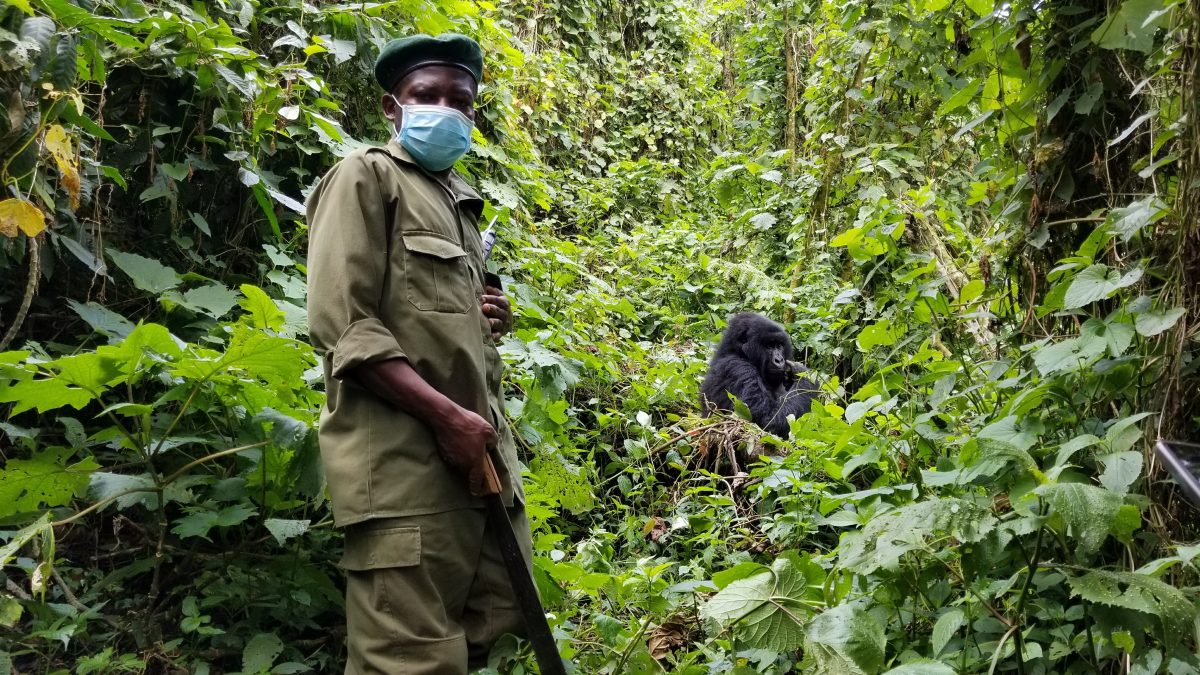By Transparency International
We take forests for granted.
We forget they’re the reason we breathe, until they burn.
We don’t know of all the ways they keep us safe, until we’re sick.
We ignore how our way of life threatens them, until they’re gone.
Forests are not spared by corruption: illegal logging, illicit wildlife trade, land grabbing and drug trafficking are some of the plagues that lead to critical deforestation, hampering efforts against the climate crisis and making agreed-upon carbon neutrality goals moot.
Environmental crimes are among the most profitable types of cross-border criminal activity. Forestry crimes alone reach US$50-152 billion per year, while the total annual value of environmental crimes is estimated to be between US$110-281 billion worldwide. This is 10,000 times the amount spent by international agencies on combatting it.
But environmental crimes have a disastrous human cost too: detention, murder and torture are common tactics to frighten the communities who defend their home. They’re enabled by corporations such as British oil company Soco International, who allegedly paid thousands to a Congolese military officer accused of violently silencing opponents to the oil exploration project that would destroy Congo’s Virunga National Park.
Corruption kills, and this trend sees no slowing down, with a tragic record of 212 land and environmental activists murdered in 2019.
This week, we reported on the two largest tropical rainforests of the world, the Amazon and the Congo Basin forests – both incredible havens of biodiversity; both coveted resources for the unscrupulous. Their local and indigenous communities are keeping watch and international institutions are slowly starting to catch up with them. Read the articles below to know some of the ways we have been helping communities protect their forests better.






